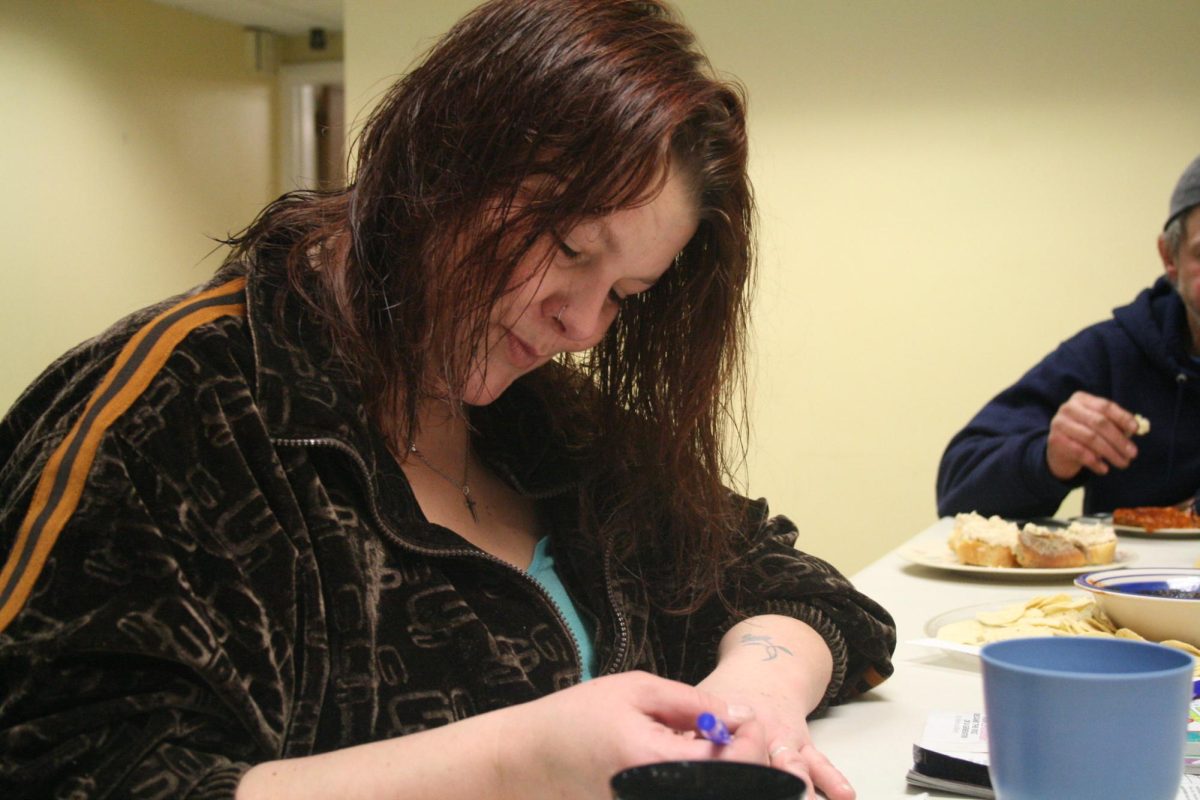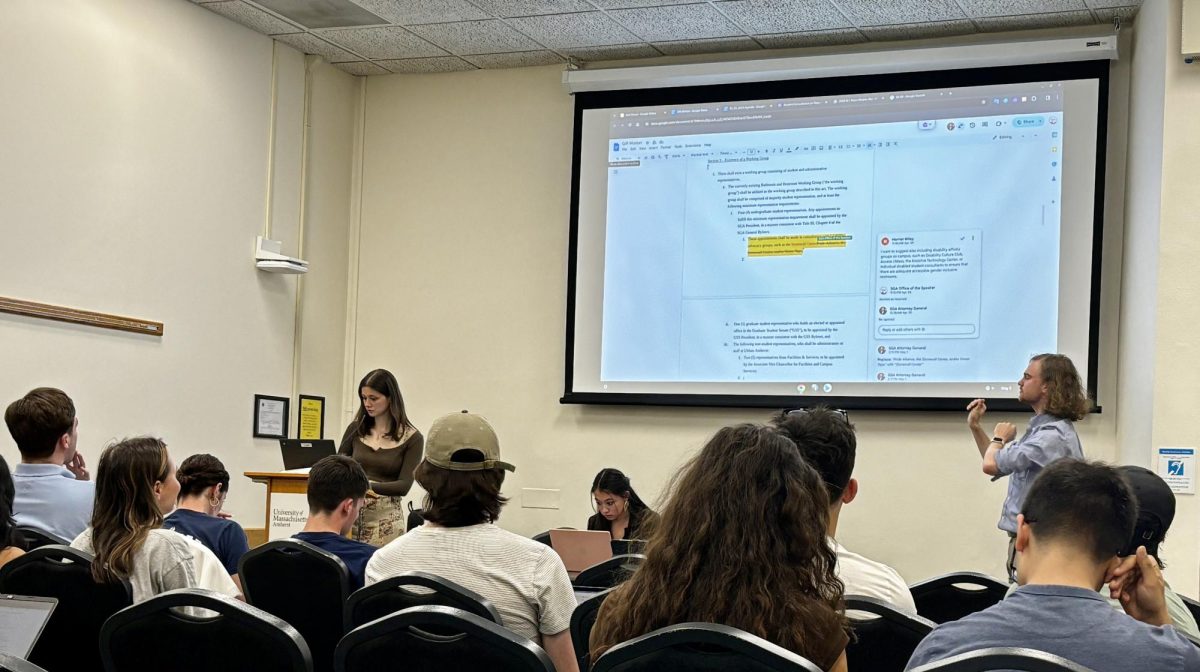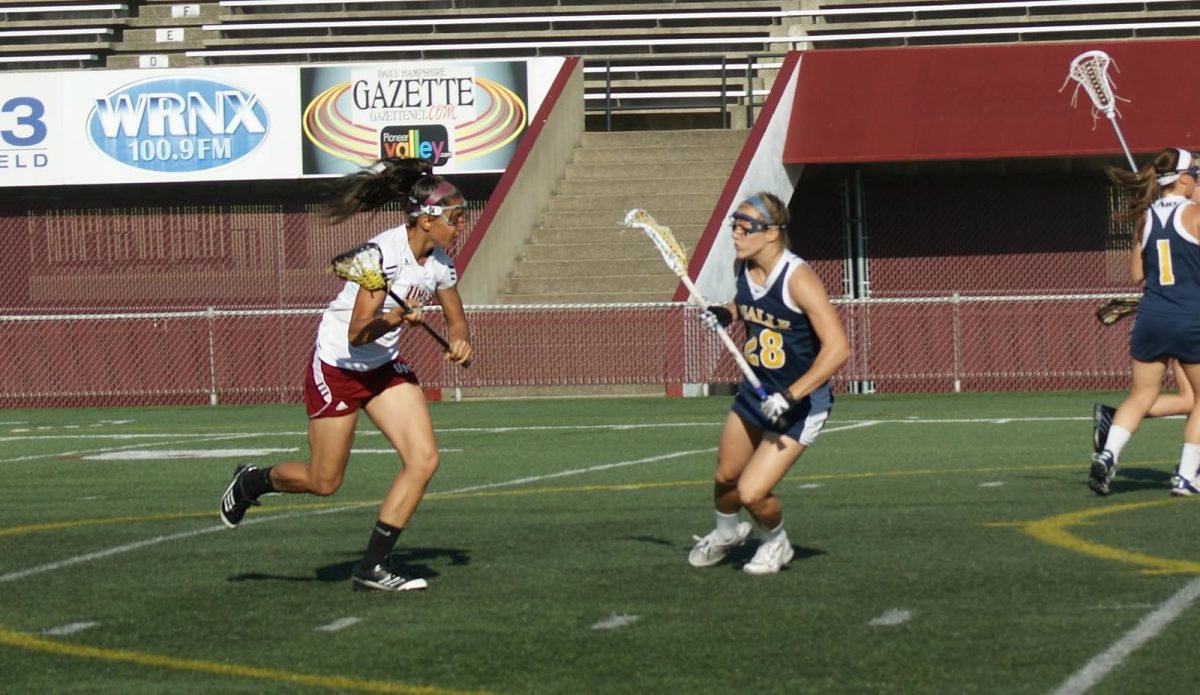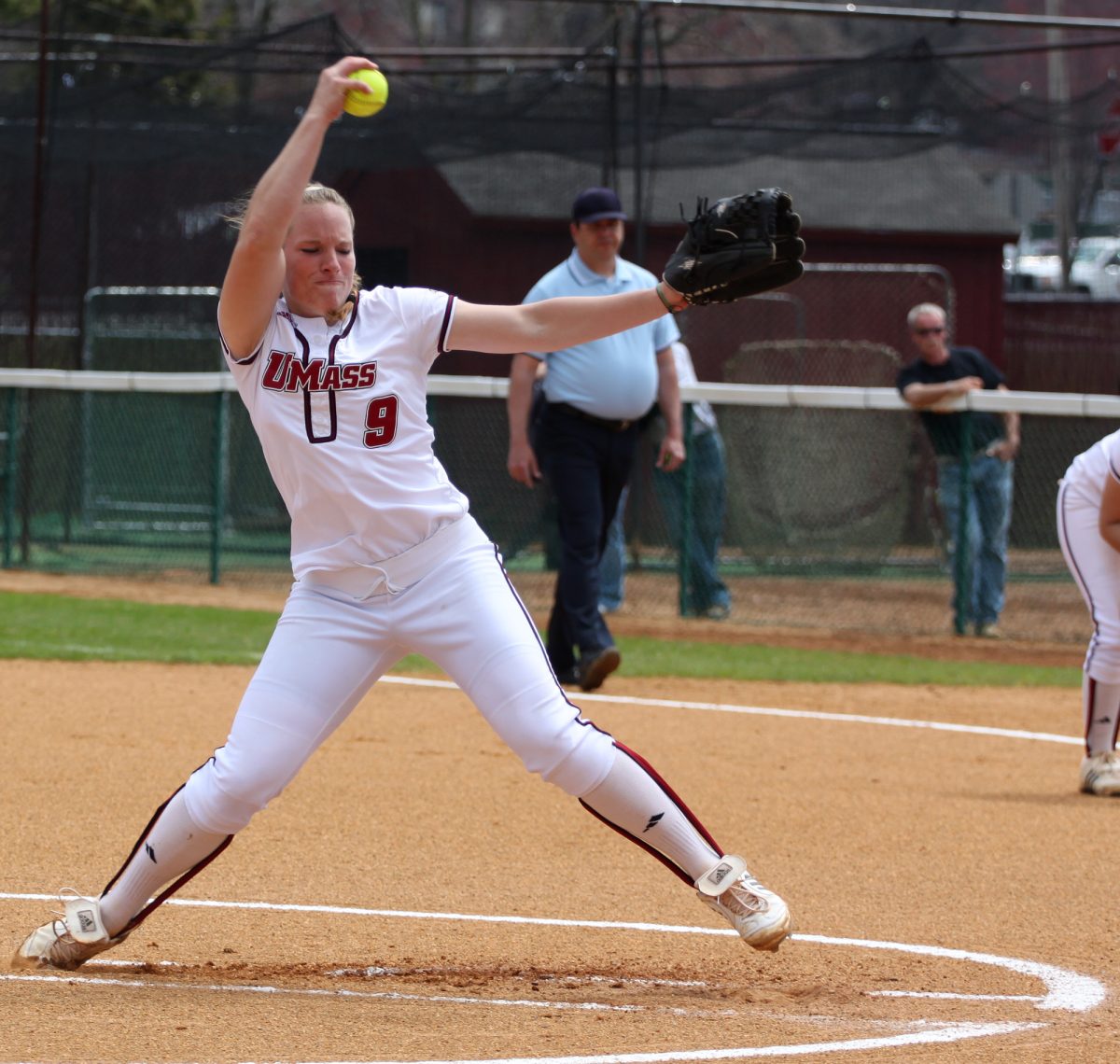A study led by Dimitrios Maroudas, a professor of chemical engineering at University of Massachusetts resulted in profound discoveries regarding the stabilization of surface metals and other solids that conduct electricity.
The study found that the action of an electric field, properly applied while a material is under stress, can contain the surface or interface thus inhibiting the formation of cracks and reversing the state of cracks already started. This could mean great advances in the way aircrafts and other electronic devices are built in the future.
In metals and other crystalline solids that conduct electricity, stress is usually concentrated on the surface of the material. Build up of stress also takes place at interfaces where two types of material are combined, for instance an electronic circuit made of metal and plastic.
The research team that also includes doctoral student Vivek Tomar and research associate professor, M. Rauf Gungar worked on this study for approximately a year. However Maroudas does admit to having had this idea in his head, tracing back to a 1998 article he wrote on the subject.
“The most beautiful aspect of the study lies in the fact that one could combine multiple forces that would otherwise on their own be detrimental, but when applied together correctly can produce beneficial outcomes by preventing and reversing damaging,” Maroudas said.
In terms of what this study will mean for the average person, well the answer to that according to Maroudas remains unknown. As for now the study is in its early stages. While much has already been accomplished, many questions remain unanswered and goals unattained. What is clear at this point is that more and more steps will be taken in order for much bolder statements to be made.
This study has made ground in various chemical engineering circles, notably due to the study being published in the Jan. 25 edition of Physical Review Letters. One of the main ambitions as of now for the study is to have it progress from experiments that currently only consist of computer simulations to actual experiments in laboratories.
Amara Anosike can be reached at [email protected].






